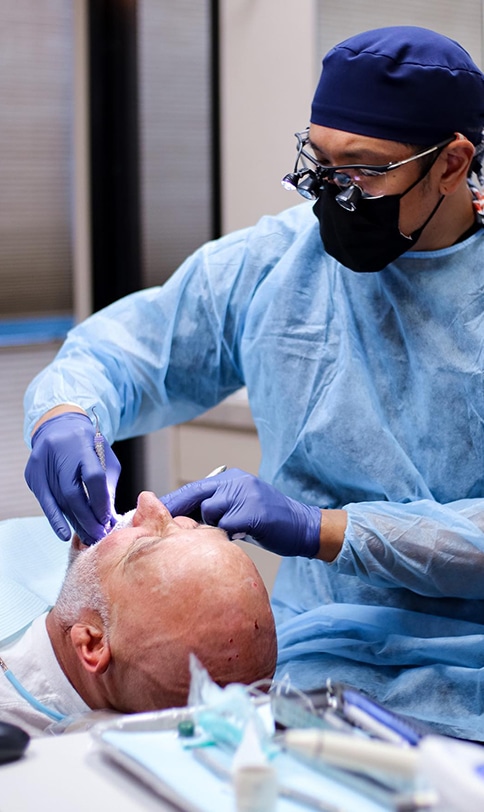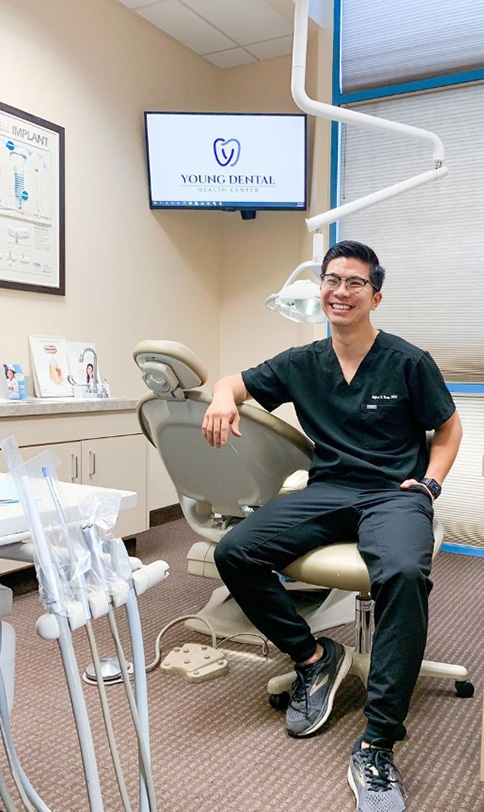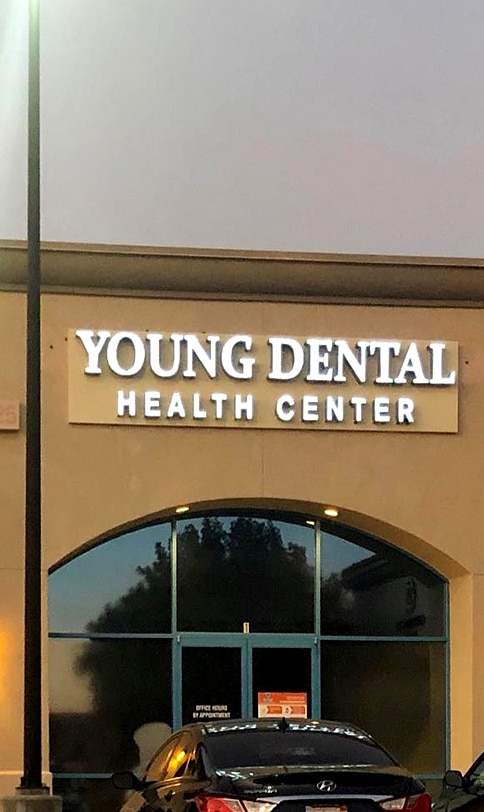E-mail Us
Is It Normal To Have Ear Pain After Tooth Extraction

Ear pain following tooth extraction can be a common occurrence, causing discomfort and concern for many individuals. While it’s often a temporary symptom, understanding its causes, potential complications, and effective management strategies can help alleviate anxiety and ensure a smooth recovery process.
Understanding the Connection Between Teeth and Ears
The human body is intricately interconnected, and the proximity of the teeth and ears plays a significant role in the potential for pain referral. The trigeminal nerve, responsible for sensation in the face, also innervates the teeth and parts of the ear. This shared neural pathway can explain why pain from a tooth extraction can be perceived as originating from the ear.
Common Causes of Ear Pain After Tooth Extraction
Several factors can contribute to ear pain following tooth extraction:
Inflammation and Swelling:
The surgical process of tooth extraction can lead to inflammation and swelling in the surrounding tissues. If this swelling extends towards the ear canal, it can put pressure on the eardrum and cause pain.
Referred Pain:
As mentioned earlier, the trigeminal nerve’s dual innervation of the teeth and ears can result in pain being referred from the mouth to the ear. This phenomenon is common and often subsides as the inflammation resolves.
Sinus Congestion:
If the tooth extraction site is near the sinuses, the procedure can temporarily disrupt the sinus passages. This congestion can lead to pressure and pain in the ear region.
Dry Socket: A less common but potentially serious complication, dry socket occurs when the blood clot that forms in the extraction socket is dislodged. This can expose the underlying bone, causing severe pain, bad breath, and a foul taste in the mouth. Dry socket can also lead to referred pain in the ear.
When to Seek Professional Help
While ear pain after tooth extraction is often a temporary issue, there are instances when it’s essential to seek professional medical attention:
Severe or Persistent Pain:
If the ear pain is intense, doesn’t improve over time, or is accompanied by other concerning symptoms, it’s crucial to consult a dentist or oral surgeon.
Fever:
A fever, especially when combined with ear pain, could indicate an infection or other underlying health problem.
Difficulty Swallowing or Opening Your Mouth:
These symptoms might suggest a more serious issue, such as an abscess or inflammation of the jaw joint.
Drainage from the Ear:
Any drainage from the ear should be evaluated by a healthcare professional, as it could be a sign of infection or an ear-related problem.
Effective Management Strategies
Here are some strategies that can help alleviate ear pain and promote a faster recovery:
- Rest and Avoid Strenuous Activity: Allow your body ample time to heal by resting and avoiding excessive physical exertion.
- Cold Compress: Applying a cold compress to the affected side of your face can help reduce swelling and numb the area, providing temporary relief from pain.
- Over-the-Counter Pain Relief: Nonsteroidal anti-inflammatory drugs (NSAIDs) like ibuprofen or naproxen can be effective in managing pain and reducing inflammation. However, consult your dentist or doctor before starting any new medication.
- Saltwater Rinses: Rinsing your mouth with warm saltwater can help keep the extraction site clean and reduce the risk of infection.
- Avoid Smoking and Alcohol: These substances can hinder the healing process and increase the risk of complications.
- Follow Your Dentist’s Instructions: Adhere to your dentist’s post-extraction care instructions carefully to minimize discomfort and promote optimal healing.
Contact Your Upland Dentist
If you’re experiencing ear pain after tooth extraction or have any concerns about your recovery, don’t hesitate to contact your Upland dentist. They can provide personalized advice, assess your symptoms, and recommend appropriate treatment options.
Additional Considerations
Underlying Medical Conditions:
Individuals with certain medical conditions, such as diabetes or blood clotting disorders, may be at a higher risk of complications after tooth extraction. It’s essential to inform your dentist about any pre-existing health issues.
Dental History:
A history of dental infections or gum disease can also increase the likelihood of complications following tooth extraction.
Medication Interactions:
Certain medications can interact with dental procedures and affect healing. Be sure to inform your dentist about all medications you’re taking.
Ear pain after tooth extraction is a common occurrence that can be effectively managed with appropriate care. By understanding the underlying causes, recognizing when to seek professional help, and following recommended management strategies, individuals can minimize discomfort and promote a smooth recovery. Remember, if you have any concerns about your ear pain, don’t hesitate to consult your Upland dentist for personalized guidance and support.









